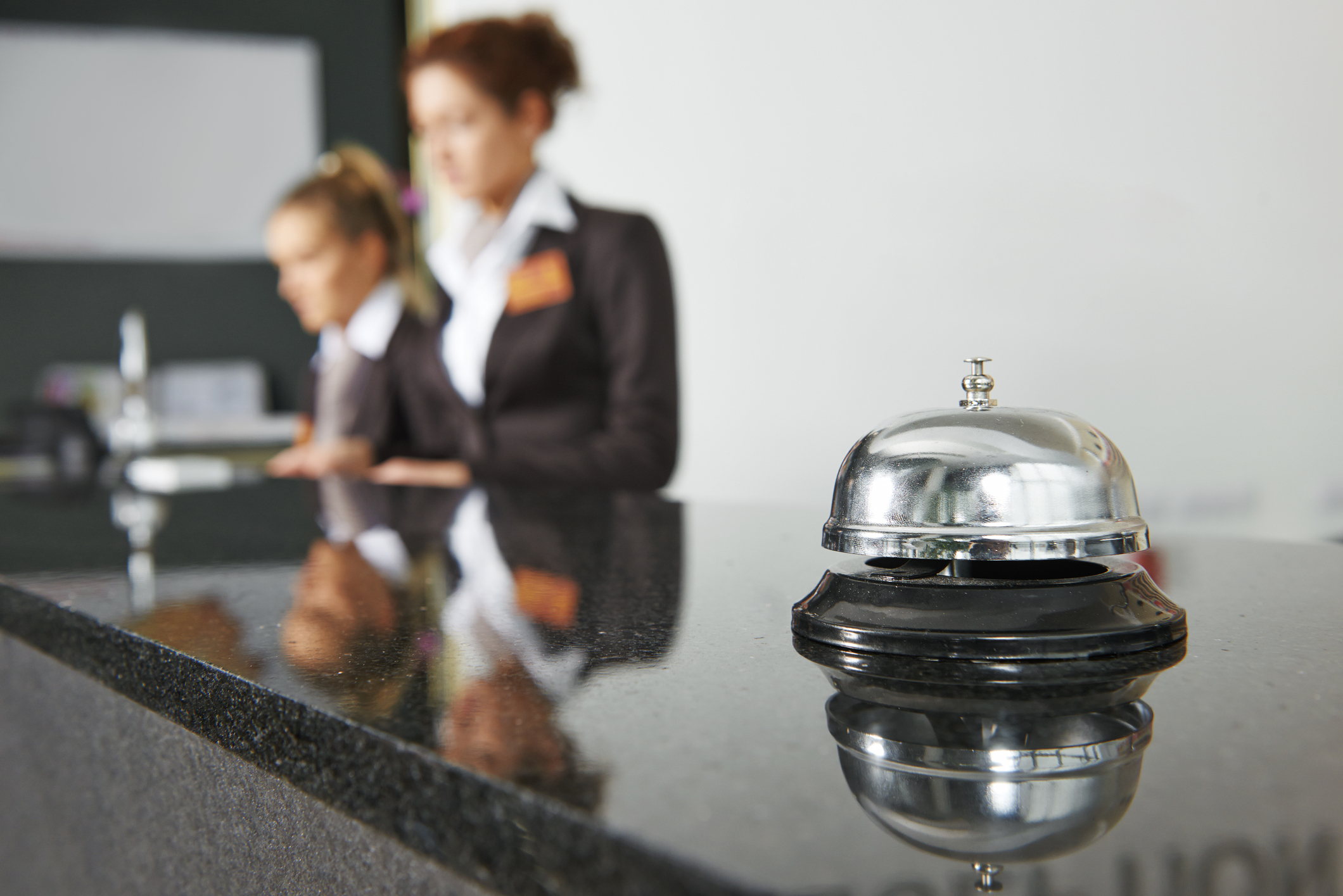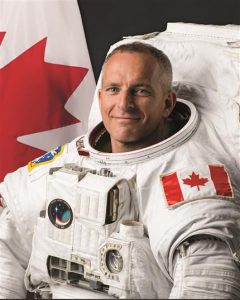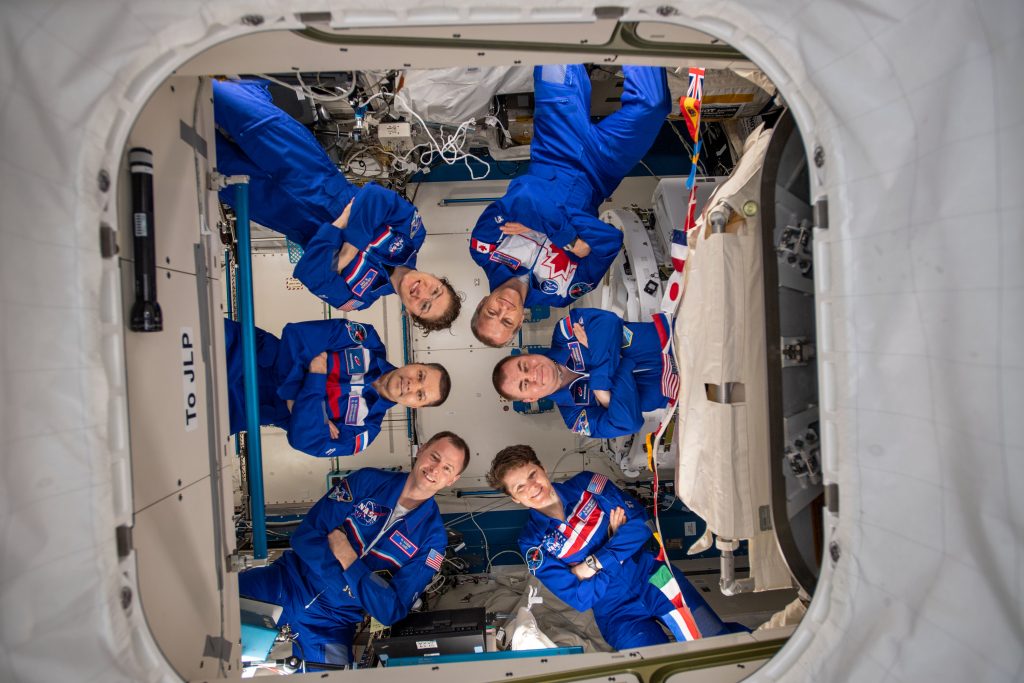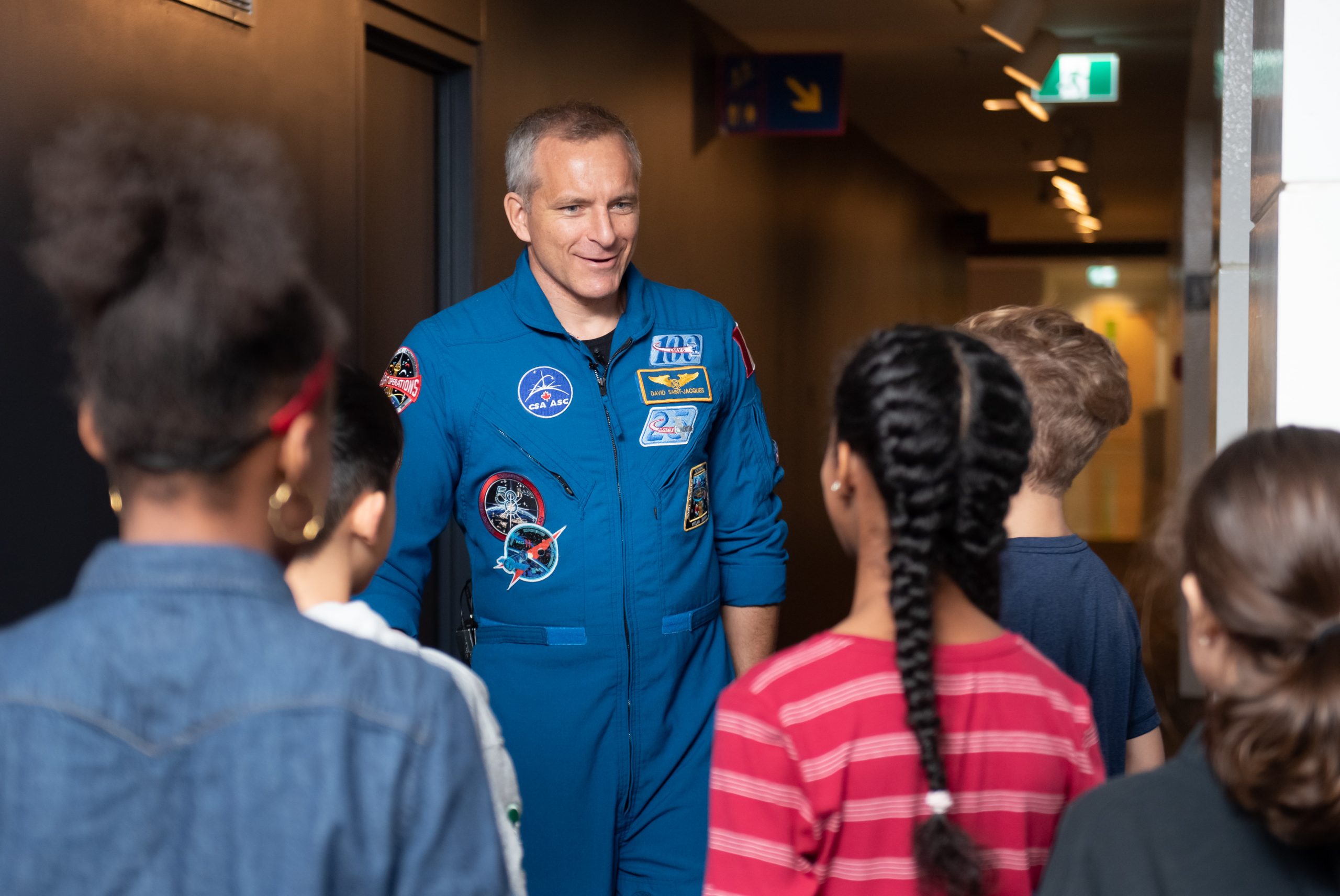
Prior learning: Unlocking a little-known career superpower
October 6, 2020
Client Side: How I found career joy in an unexpected place
October 6, 2020
Image source: https://bit.ly/32TOMER
Prior to joining the Canadian Space Program, David Saint-Jacques practised family medicine in a northern Canadian village overlooking Hudson Bay. He was selected as an astronaut candidate by the Canadian Space Agency in May 2009. As a member of the international astronaut team, he has acted as capcom (the liaison between the team on the ground and the crew in space) and carried out various operations planning and support functions at NASA’s Mission Control Center and Astronaut Office. In 2016, he was assigned to his first mission aboard the International Space Station.
In a sentence or two, describe why career development matters.
I like that it’s career development, not career planning, because it’s a journey and you need to be on the lookout for opportunities. I like to tell young people not to be afraid of a big, crazy dream that seems unachievable. It doesn’t matter if you don’t achieve it exactly the way you pictured it, but it will help guide you and make the journey worthwhile.
Which book are you reading right now and why did you choose it?
I’m currently reading The Grapes of Wrath by John Steinbeck. I’ve been living in Houston for the last 11 years, and wherever I’ve lived, I’ve tried to make the effort to read literature that helps illustrate the culture of that place.
What was your first-ever job and what did you learn from it?
I was a ski instructor during high school. It taught me the importance of communication, customer service and empathy.
What do you do to relax and how does it help you?
I’m not a gifted athlete, but I love running, cycling, hiking, climbing, sailing, skiing. It helps me disconnect from work and clear my mind. And, I met my wife skiing!
What is one piece of advice you have for Canadians as we navigate these challenging times?
The skills I developed during my space training preparation and mission were particularly helpful when the pandemic lockdown began. There are three things:
- When the going gets rough, keep an eye on the big picture or the mission. For the pandemic, it has been about protecting society’s most vulnerable.
- Parents know that it’s important to provide a routine and structure for their children, so you need to do the same for yourself; keep work and personal time separate and make space for things that bring joy to your life.
- Think about how your behaviour and attitudes can affect others. As an astronaut, living in close quarters with the same people for long periods of time, you need to ensure you communicate clearly and don’t let things fester.

Crewmembers for Expedition 59 (Anne McClain, Nick Hague, Oleg Kononenko, Christina Koch, David Saint-Jacques, Alexey Ovchinin) aboard the International Space Station. (Credit: NASA)
What is the most unusual job interview question you’ve ever been asked and how did you respond?
It may not be the most unusual question, but the one I always prepare for is “Why do you want this job?” It’s important to consider this carefully because you might get the job; if you do, you want to have the right motivations and know that it will be good for both you and the organization.
What’s something you want to do in the next year that you’ve never done before?
I have thousands of photos taken over the years including those of my children. I plan to carve out the time to organize them, and this will help me reflect.
Who would you like to work with most and why?
Both in the space program and health care, I’ve met fantastic people. What they have had in common is their genuine love for their work. So, I want to work with people who have positive attitudes toward challenges and an absence of hidden agendas.
Which talent or superpower would you like to have and how would you use it?
I wish I could fly under my own power. I had dreams of this when I was a child and still wish it could come true.
What do you consider your greatest achievement and why?
My family. It is the most joyful, fulfilling and, at times, maddening experience. I wouldn’t be who I am now without them.

